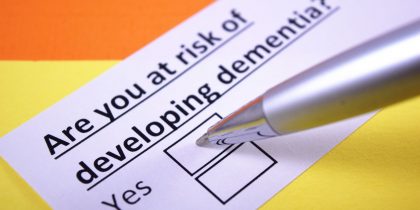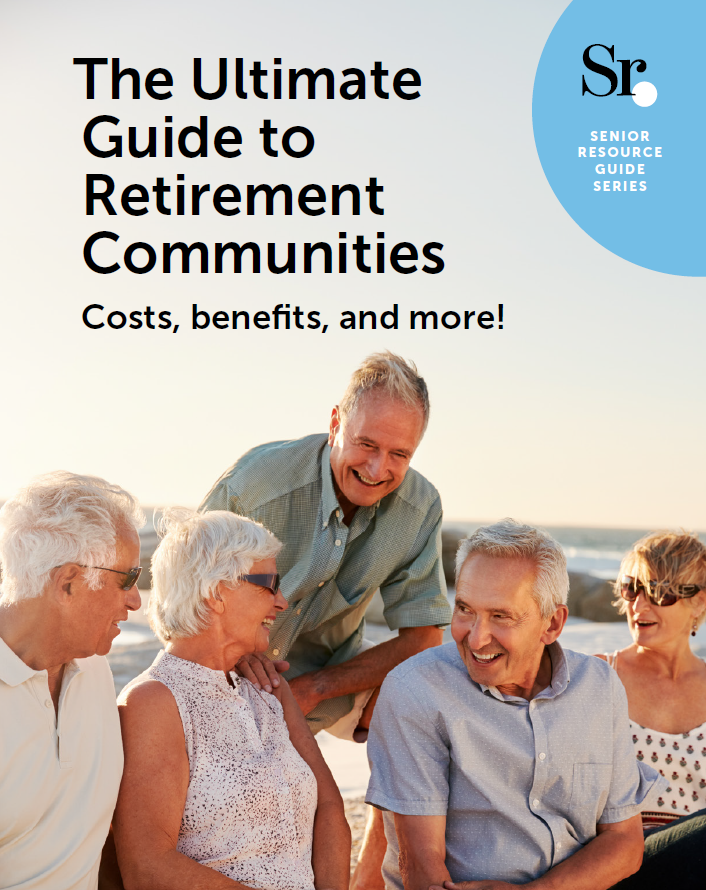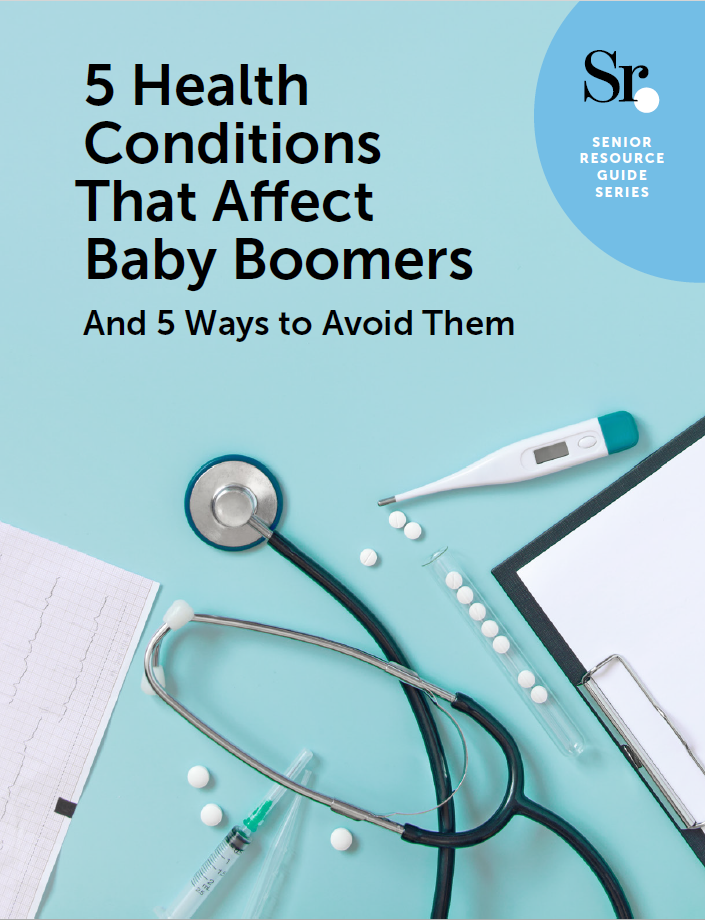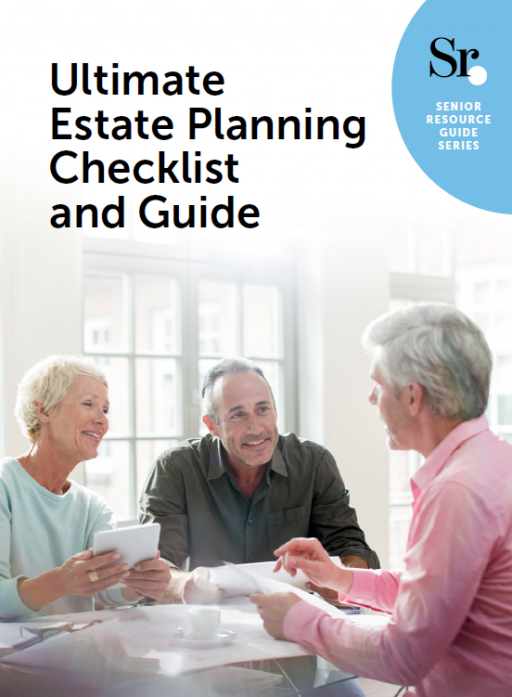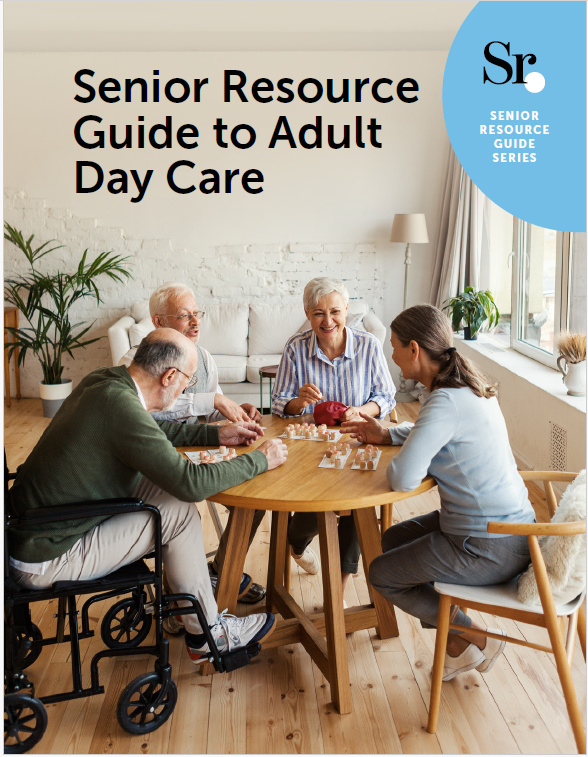10 Sneaky Safety Risks for Seniors with Alzheimer’s

If you have a loved one with Alzheimer’s disease, then it’s important to ensure their safety at home. Cognitive decline can often lead to forgetfulness, confusion, and disorientation. This, in turn, can pose dangerous risks. Being mindful of potential hazards and taking the appropriate measures to minimize them can go a long way toward keeping your loved ones safe. Here are TEN safety risks that Alzheimer’s patients face at home and practical ways to address them.
Risk: Wandering
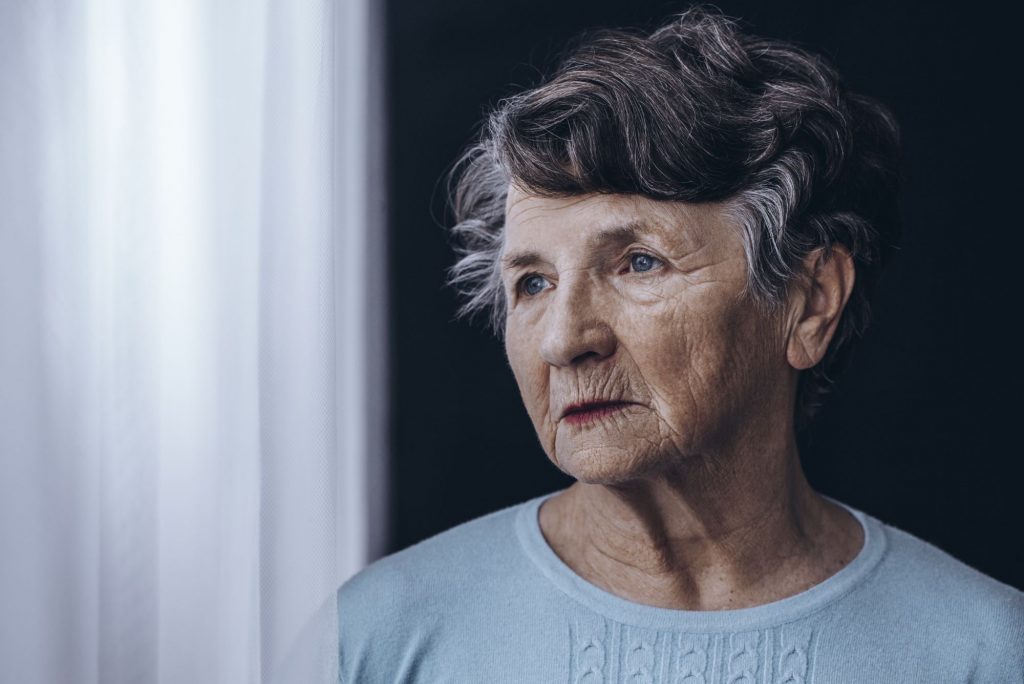
The desire to wander is a common behavior among Alzheimer’s patients and can put them at risk of getting lost. Wandering can pose risks to the safety of individuals with dementia, leading to situations where they may become disoriented, lost, or exposed to various hazards.
Solutions
- Making sure the patient wears an ID bracelet or carries some form of identification with them at all times.
- Keeping doors locked.
- Putting up fences or other gates to prevent someone with dementia from wandering too far.
- Providing constant supervision, especially during high-risk periods.
- Keeping older adults with dementia engaged in purposeful activities so they won’t fall victim to boredom.
- Installing safety devices.
- Using technology (like Amazon Ring) to monitor the patient and their comings and goings more effectively.
- Creating safe outdoor spaces.
Risk: Bathroom Slips and Falls
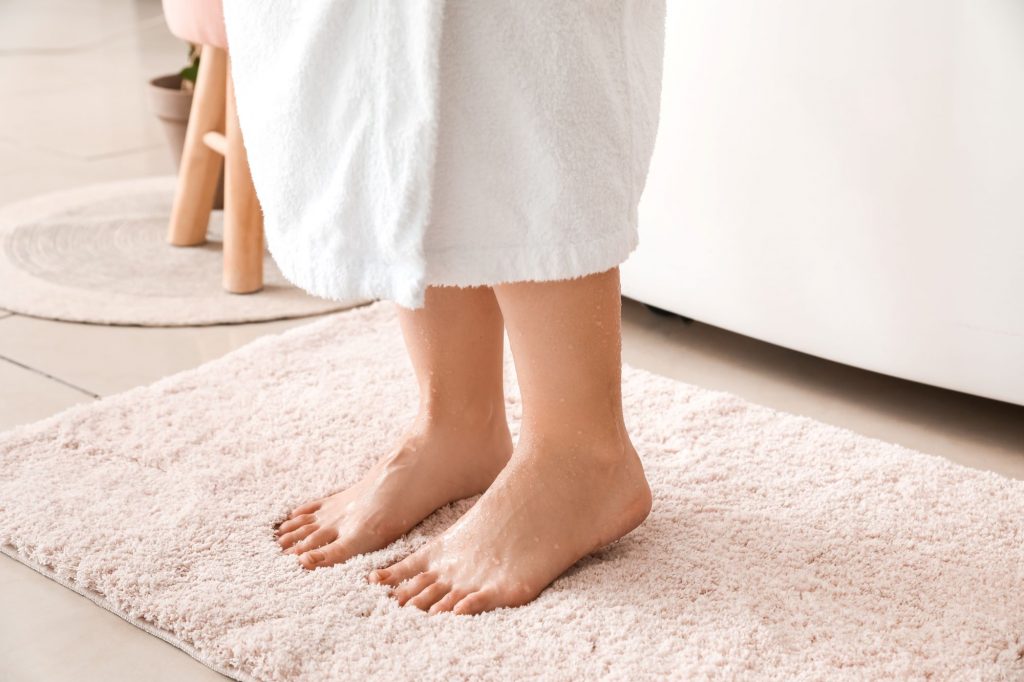
Bathrooms are one of the most hazardous areas in the home. In fact, up to eighty percent of falls occur in the bathroom. It’s no wonder it’s a risky place. From wet floors to inadequate lighting, countless culprits can be responsible for a senior falling, especially one who has Alzheimer’s.
Solutions
- Installing grab bars.
- Placing non-slip mats on the shower and bathroom floor.
- Choosing non-slip flooring.
- Keeping floor dry.
- Installing adequate lighting.
- Installing a raised toilet seat.
- Organizing toiletries.
- Installing anti-scald valves.
- Considering bathroom modifications.
Risk: Medication Errors

Alzheimer’s patients may forget when they last took their medication, or they may accidentally mix different medications. Managing medications for individuals with dementia requires special attention and care, as cognitive decline can impact a person’s ability to follow medication instructions accurately. Medication errors in individuals with dementia can have serious consequences. Therefore, it’s imperative to take the appropriate steps to protect your loved ones!
Solutions:
- Working with healthcare providers to simplify the medication regimen.
- Using a pill organizer with compartments for each day of the week or each dose time.
- Ensuring that the organizer is easy to understand, and consider color-coding or labeling to help with recognition.
- Implementing a medication schedule.
- Informing and involving caregivers in the medication management process.
- Using technology, such as medication reminder apps and automatic pill dispensers.
- Scheduling regular medication reviews with healthcare providers to assess the ongoing need for each medication, potential interactions, and side effects.
- Clearly labeling medications.
Risk: Poisoning

Alzheimer’s patients may confuse medication with cleaning or other toxic products or ingest them unintentionally. As cognitive decline progresses, they may struggle to recognize and avoid potentially harmful substances. Individuals with dementia may inadvertently ingest or be exposed to toxic substances, leading to poisoning.
Solutions:
- Locking up or securing household chemicals, cleaning products, and medications to prevent accidental ingestion.
- Monitoring medications.
- Disposing of unused medications.
- Labeling and storing food properly.
- Supervising meal preparation.
- Installing childproof locks.
- Providing safe food and drinks.
- Monitoring access to appliances, like microwaves and stoves.
- Keeping emergency contact information readily available and sharing it with caregivers.
Risk: Overheating

Elderly patients are vulnerable to overheating, which can cause heat strokes and dehydration. Additionally, they may dress inappropriately, like wearing heavy clothing during summer. Certain medications, reduced thirst awareness, and physical limitations can also contribute to an increased risk of overheating.
Solutions
- Hydrating often.
- Dressing appropriately.
- Providing shade and sunscreen.
- Using fans, air conditioning, and windows to ensure a cool temperature.
- Limiting physical exertion.
- Encouraging rests and naps.
- Maintaining adequate indoor ventilation.
- Staying informed about weather conditions.
- Creating a cool sleeping environment.
Risk: Fire Hazards

Forgetfulness of Alzheimer’s patients may cause them to leave the stove or oven on, or even start a fire.
Worse still, cognitive decline can impact their ability to respond appropriately in emergency situations. It’s essential to take steps to minimize fire hazards and ensure the safety of those with dementia!
Solutions:
- Installing smoke detectors.
- Placing fire extinguishers throughout the house.
- Creating and regularly reviewing an emergency exit plan with the individual and caregivers.
- Reducing clutter.
- Supervising the individual when cooking or restricting access to the kitchen when it’s not in use.
- Using flameless candles.
- Securing matches and lighters.
- Regularly inspecting electrical cords and outlets for damage.
- Supervising the use of heaters or heated blankets.
Risk: Sharp Objects

Knives, scissors, and other sharp objects can pose risks if Alzheimer’s patients mistake them for toys or forget how to use them safely. Even gardening tools can be dangerous if not used properly! Fortunately, there are steps you or a caregiver can take in order to ensure your loved one’s safety.
Solutions:
- Securing and locking away sharp objects.
- Replacing sharp tools with safer alternatives.
- Using blunt or childproof tools.
- Storing tools in a visible and consistent location.
- Providing safe alternatives.
- Labeling and identifying items clearly.
- Educating caregivers and family members.
- Regularly reassessing the safety measures in place and making adjustments as needed based on changes in the individual’s abilities and behaviors.
Risk: Floors and Stairs
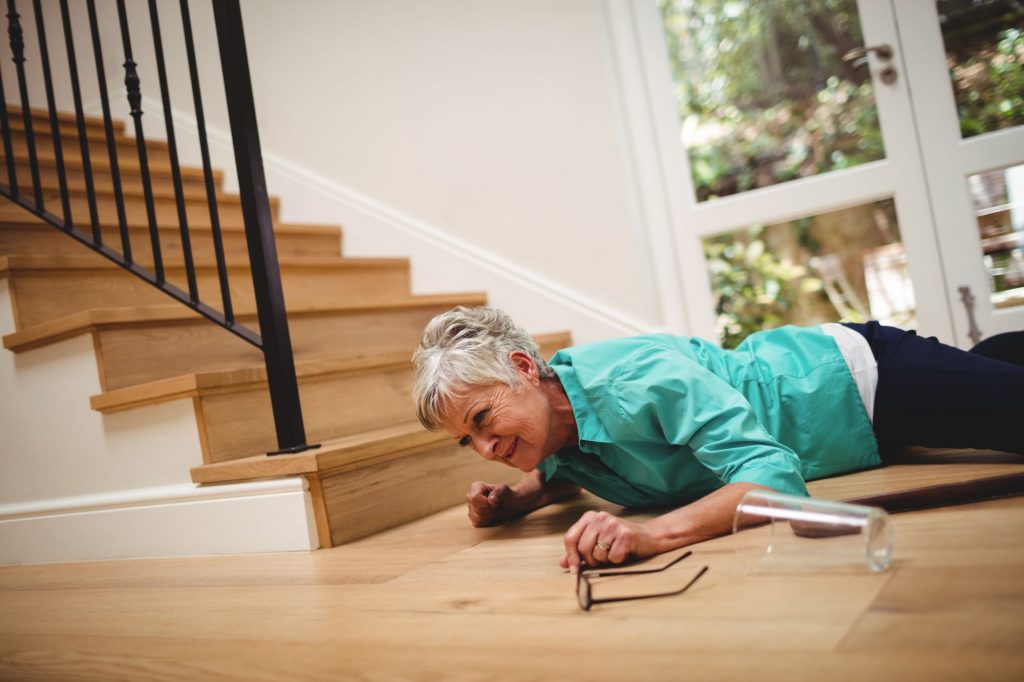
Floors and stairs must be kept clear and dry as slips and falls can be severe especially, with an Alzheimer’s patient. Dementia can affect balance and spatial awareness, increasing the risk of falls and accidents. While they pose a serious risk, you can take certain steps to make sure your loved one stays safe!
Solutions:
- Removing tripping hazards.
- Securing rugs.
- Installing handrails along the walls or hallways.
- Using tactile markings.
- Applying non-strip slips or tread covers to stairs.
- Installing secure gates at the top of the stairs.
- Providing adequate lighting.
Risk: Electrical Wires
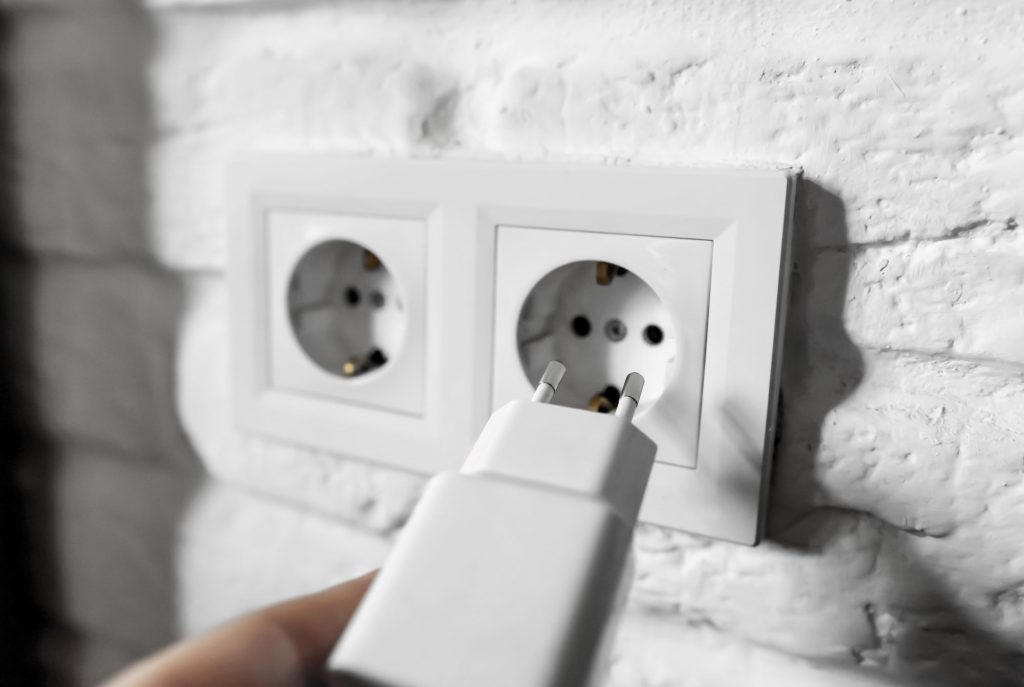
Unsafe electric outlets or wires can be dangerous, especially for Alzheimer’s patients who might forget their dangers. Managing electrical wires in a home where someone has dementia is important for their safety. Luckily, there are things you can do to make electrical outlets safer!
Solutions:
- Keeping electrical wires organized and concealed where possible.
- Running wires along the baseboards or against walls using cable channels or clips.
- Using cord covers to protect wires and prevent them from becoming a tripping hazard.
- Elevating wires off the floor using adhesive hooks or clips.
- Using wireless devices and technologies to reduce the number of wired connections.
- Securing electrical cords along the edges of furniture or walls using adhesive clips.
- Unplugging electronic devices or chargers that are not in use.
- Installing outlet covers to prevent individuals with dementia from tampering with electrical outlets.
- Consulting an electrician and performing regular safety checks.
Risk: Door and Window Safety
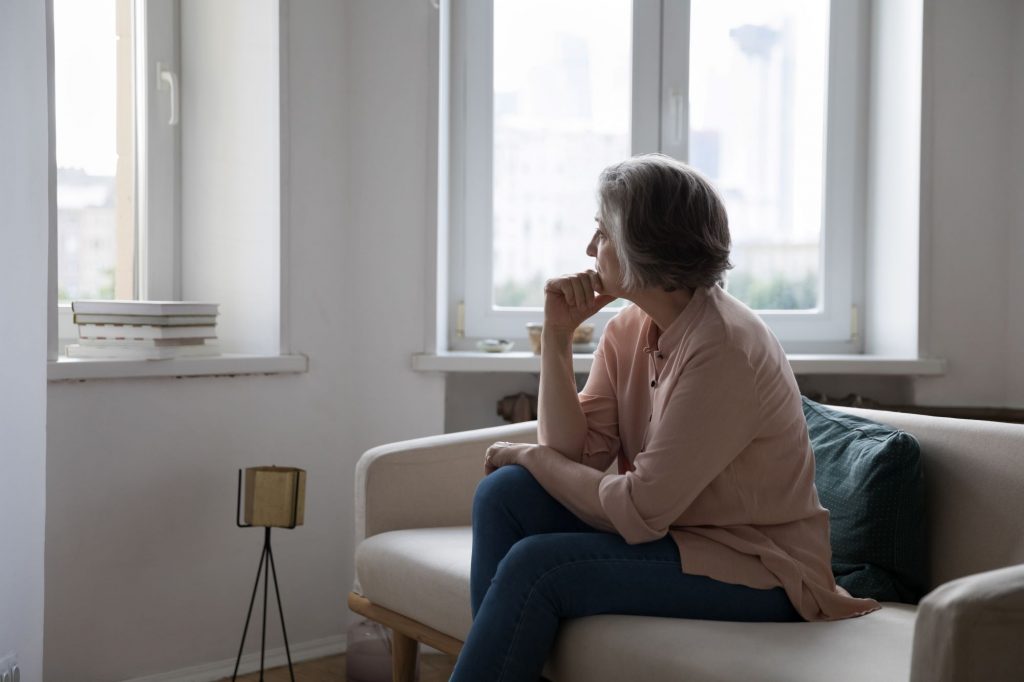
Alzheimer patients may forget how certain locks and doorknobs work, which may lead to them feeling trapped and helpless. Proper measures can help prevent wandering, accidents, and injuries. Fortunately, there are some precautions you can take to enhance door and window safety in a home where someone has dementia.
Solutions:
- Installing door locks.
- Using keyless entry systems.
- Securing sliding doors.
- Installing door alarms.
- Adapting door handles.
- Camouflaging doors.
- Installing window locks.
- Using window bars or guards.
- Removing climbing aids, like couches or tables near windows.
- Using curtains or blinds.
More Help with Alzheimer’s

As Alzheimer’s patients often live in a non-adaptive environment, it becomes increasingly important for caregivers to ensure a safe home environment. However, by following our tips, families can reduce safety risks and support their loved one’s cognitive well-being. Preventing accidents and injuries is not just the caregiver’s responsibility but also provides comfort to Alzheimer’s patients, allowing them to lead comfortable and happy lives.
Looking for more?
If you need more great resources, then check out these articles next:
- 10 Million Baby Boomers Expected to Develop Alzheimer’s,12 Lifestyle Changes That May Prevent Dementia
- 8 Benefits of Adult Day Care Programs for Seniors with Dementia
- Noticing Memory Problems? Here’s What to Do Next
- 5 Signs It’s Time to Sell Your Home
- What is Sundowning? 7 Essential Things You Need to Know
- How Likely Are You to Get Alzheimer’s if Your Parent Has It?
- How Do You Know if You’re at Risk for Alzheimer’s?
Popular Articles About Senior Safety, and Alzheimer's and Dementia
Originally published December 12, 2023



